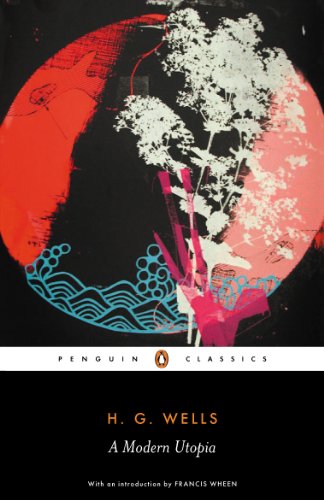

And so they did-but it turned out to be a society based on capitalist enterprise. The Puritans originally had set out to create "a shining city upon a hill," which would inspire the world.

Meanwhile, the Northeast-America's original Eden-was becoming, in the eyes of many, a dystopia. So the Shakers and the Rappites and their brethren prospered and then died out (many of these communities made a fetish of celibacy, which tended to limit their longevity), whereupon new sects arose to continue the tradition. This was a paradise indeed for tin-pot messiahs, who could troll for acolytes and lead them to the Promised Land, unmolested by any state-sanctioned church. It was enormous it was mostly empty and it had a tradition of religious liberty, eventually enshrined in the First Amendment. Three things about America rendered it irresistible to utopians. Few lasted very long, but they kept the dream alive. In time, these immigrant communities gave birth to native-born utopians who broke away to found their own communities, usually further to the west. The English Calvinists who peopled New England were followed across the ocean by German Anabaptists, who flocked to the wilds of Pennsylvania and founded villages that were the equivalent of Protestant monasteries. And there was plenty of room for other people to create alternative versions.

Here was a tabula rasa upon which the Pilgrims could write themselves a new and better world. In time, he too would succumb to the deeply American impulse to conjure up a plausible paradise.Īmerica and Utopia: The link goes back to the Pilgrims, who sailed off in the Mayflower to find a suitable location for their ideal community, and found it in Plymouth, Mass. But Huxley had only spent five years in the United States he had not yet gone native. Huxley, as the author of the dystopian novel Brave New World, naturally deplored the hubris of Llano del Rio's founders, who thought they could build a town that would change the world.


 0 kommentar(er)
0 kommentar(er)
